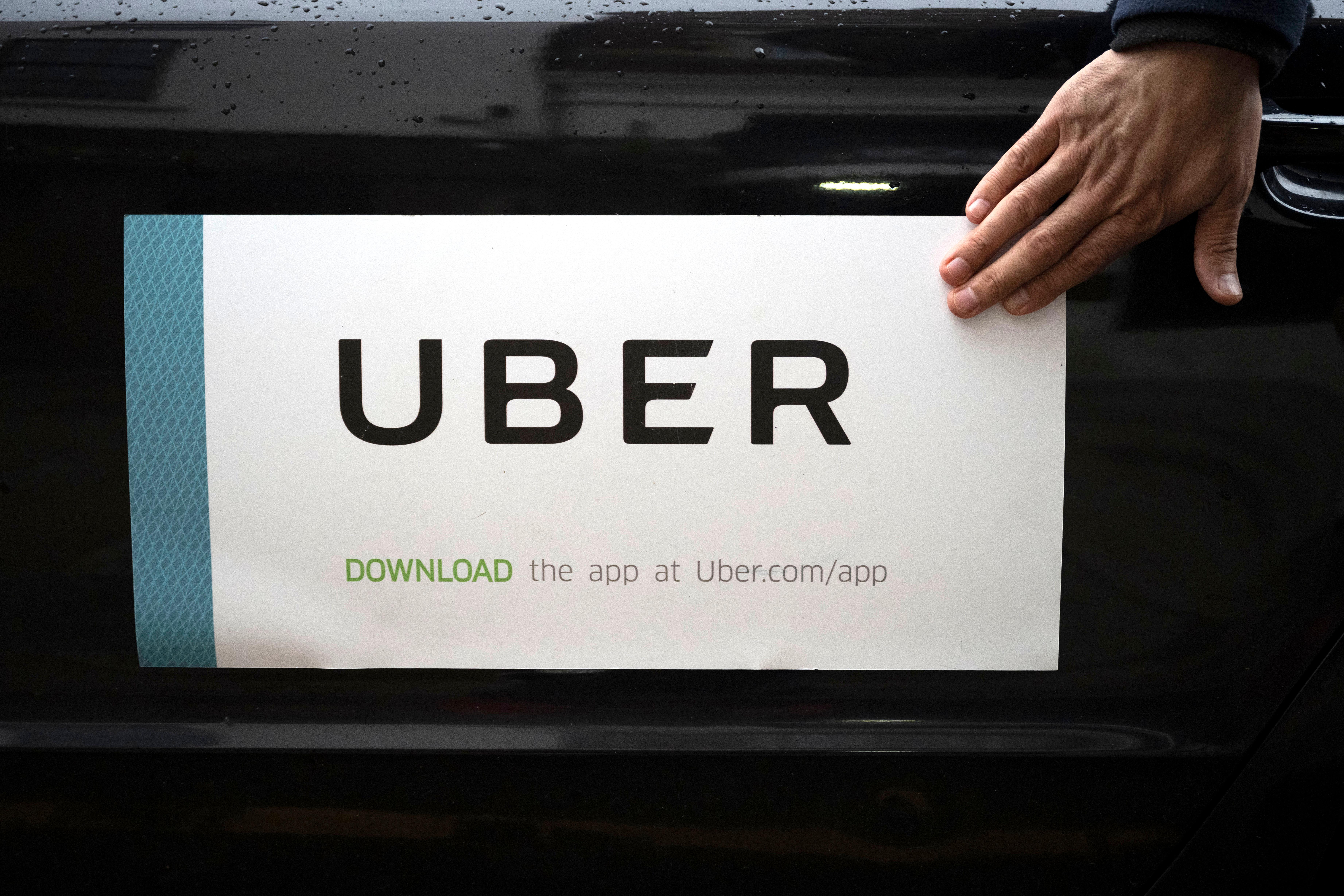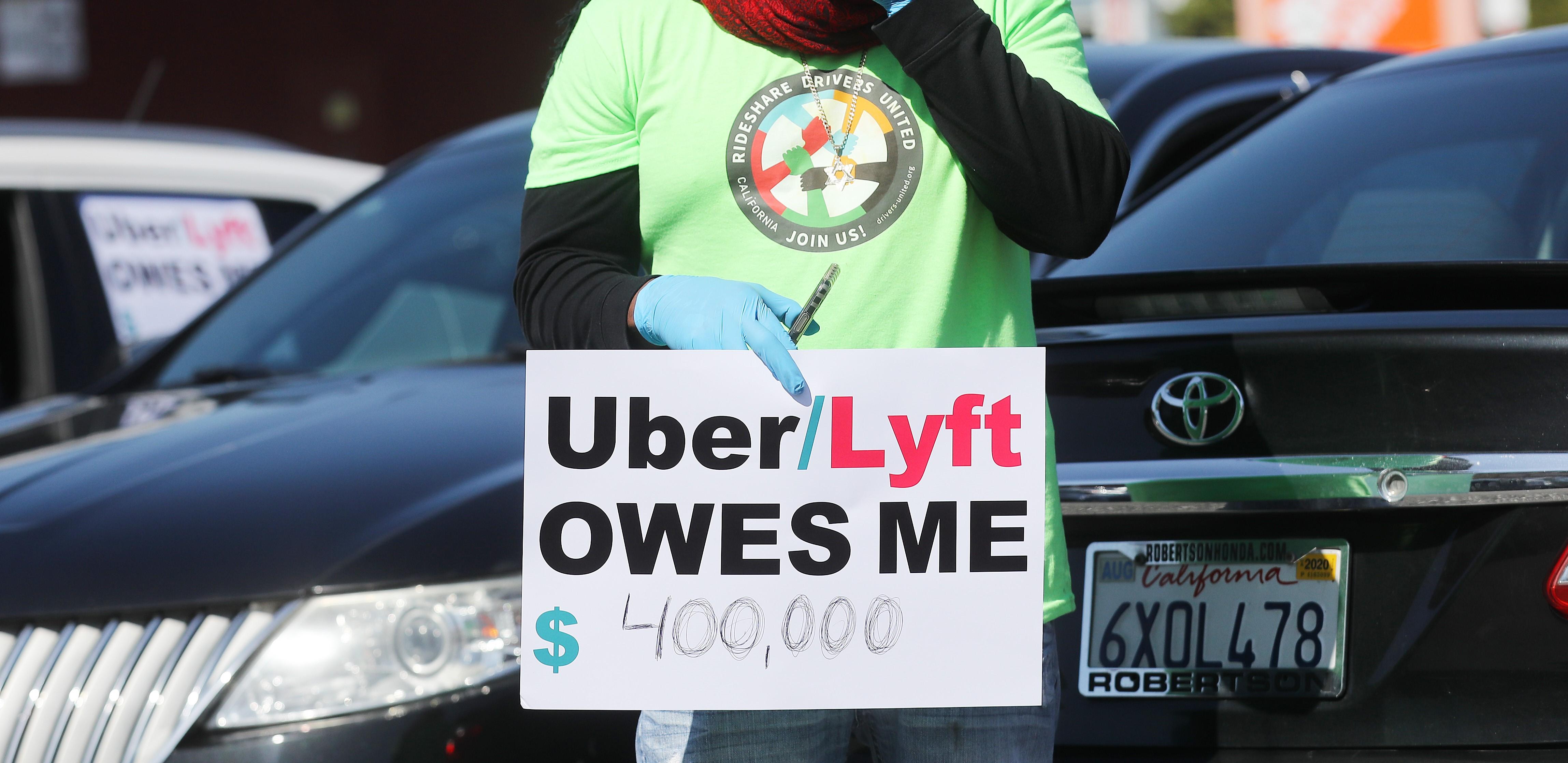California Rules Prop 22 Unconstitutional—Impact on Gig Workers
Recently, a California judge ruled that Prop 22 was unconstitutional. What does this mean for app drivers and other gig workers?
Aug. 30 2021, Published 9:52 a.m. ET
The gig worker versus app company saga continues. On Aug. 20, a California State Superior Judge ruled that a previously passed proposition—Prop 22—is unconstitutional. The ruling protects workers under the likes of Uber, Lyft, and DoorDash.
What is Prop 22, and what does the unconstitutional ruling mean for drivers and other gig workers helping uplift major corporations without basic rights in return?
How Prop 22 originally passed
In November 2020, companies that operate with the help of gig workers (including Uber, Lyft, and DoorDash) spent $200 million lobbying for Proposition 22.
Prop 22 "considered app-based drivers to be independent contractors and not employees or agents," according to Ballotpedia.
This delineation helped app companies avoid having to pay healthcare costs, overtime pay, worker's compensation, and other benefits to drivers.
Initially, 58.63 percent of voters voted "Yes" on Prop 22. However, a lawsuit soon followed.
Why a California judge ruled Prop 22 unconstitutional
In January 2021, Service Employees International Union—along with app-based drivers—filed a lawsuit against the state. The suit questioned the constitutionality of the law. On Aug. 20, Alameda County Superior Court Judge Frank Roesch ultimately deemed Prop 22 unconstitutional.
The basis for this ruling is simple. Amid their $200 million propagandistic efforts, app companies lied about workers' rights. While Prop 22 claims to protect gig workers who choose to work independently rather than as an employee (as many freelancers do), the reality is that it keeps workers from collective bargaining.
Roesch said about the ruling, "If the people wish to use their initiative power to restrict or qualify a ‘plenary’ and ‘unlimited’ power granted to the legislature, they must first do so by initiative constitutional amendment, not by initiative statute."
Large companies like Uber, Lyft, and DoorDash profit off of having divided workforces that can't unionize, which isn't in workers' best interest.
Also, California already has legislation granting compensation regulation for workers' injuries, and Prop 22 juxtaposes this.
The multi-subject nature of Prop 22 is also unconstitutional given that initiatives must be limited to a single subject.
Not all gig workers fall under the same umbrella.
Prop 22 only applied to app-based drivers and not all freelance workers. The state of California uses a bill called AB-5 to determine whether a person is justly freelancing or being taken advantage of. The bill impacts workers in various industries, and Prop 22 was a way for large app-based companies to maneuver out of that.
Ultimately, the proposition was deemed unconstitutional, but most other California gig workers (except those in later-exempt industries) still have to pass the ABC test that AB-5 requires in order to freelance.
What's next for ride share and delivery drivers following the Prop 22 decision?
Because the proposition has been ruled unconstitutional, "the measure as a whole was unenforceable," says Ballotpedia.
Still, the fight isn't over. Prop 22 proponents plan to appeal the ruling. Meanwhile, CEOs from major app delivery and rideshare companies are starting to lobby across other states beyond California.
In March 2021, a Massachusetts judge allowed a state lawsuit over the likes of Uber and Lyft to proceed. With potential other Prop 22 doppelgangers popping up throughout the country, don't be surprised to see more lawsuits follow.


